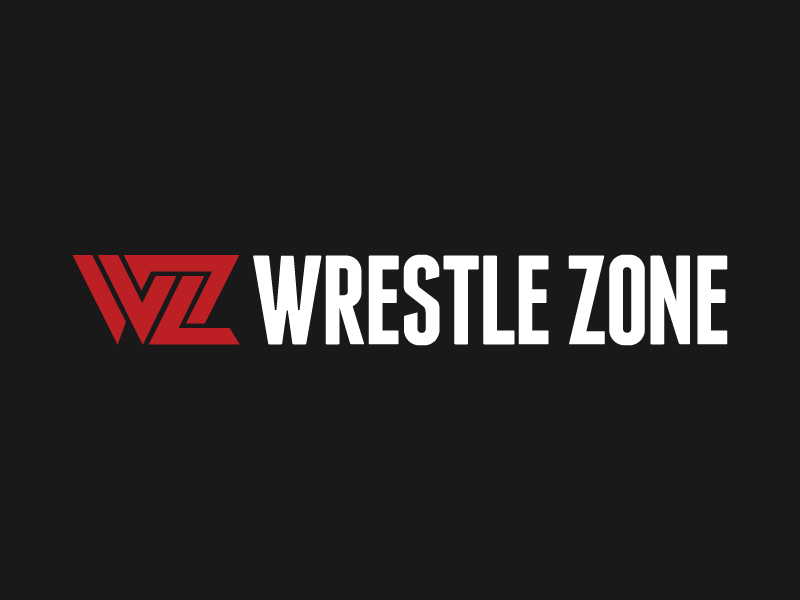Hello everybody, and welcome to another edition of Reading Between The Ropes. As a nostalgic man, I often pine for things of the past. I consider myself a traditionalist, and very much an old school wrestling fan. There are often instances where I look back at old videos of Gorilla Monsoon calling a match where somebody has been nailed “right on the kisser”, or…

Rikishi criticizes Jey Uso‘s booking in WWE and says maybe Jey should take a break because they don’t know where…







